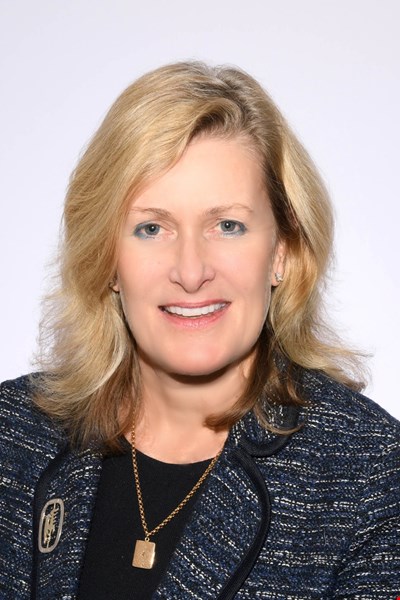
Priscilla Harries
Research area(s)
My research interests are in judgement and decision-making, clinical reasoning, and the study of intuitive expert thinking. I have held grants from the Wellcome Trust, ESRC, MRC, NDA, UKOTRF, HEA and Charitable Trusts to study professional decision-making in various clinical domains nationally and internationally. I have developed a range of on-line training resources to support the acquisition of professional decision-making skills in a number of fields, that have all been tested with RCTs and been shown to have a positive effect. These decision training resources are freely available at:
http://www.elderfinancialabuse.co.uk/
https://referralprioritisation.com/
https://dietitianreferral.org/
https://colouredlensesandvisualstress.com/
I am currently working on decision training for medical students to enhance their ability to accurately identify when a patient is nearing the end of their life. This should be available in Autumn 2019.
Research Interests
I am a REF UoA 3 Supanel member and HEE/NIHR Clinical Doctoral Fellow Panel member. I have previously been appointed to the Peer Review College of the ESRC and now the RCOT R&D Chair and am a mentor for the NIHR Research Fellowship Scheme. I hold a number of roles including being a NIHR HTA Committee C member. I am former Chair of the Editorial Board of the British Journal of Occupational Therapy.
Research grants and projects
Grants
Funder: Barts and The London Charity
Duration: October 2016 - September 2019
People with rare genetic endocrine disorders can develop diverse and unpredictable new tumour formation. Lack of engagement in screening for tumours can lead to significant negative impacts on health for the individual and more significant demands on health services in the long term. The aim of the proposed research is to understand how patients’ decision-making may be better supported to enhance engagement in regular screening services. A mixed methods design will include surveying quantitative aspects of patient and/or service delivery. The qualitative components are likely to be founded on a small expert patient group (n8) who will be invited to share their experience and knowledge, attitudes and beliefs about regular screening for endocrine tumours. Expert patients will be supported to scope, develop, publish and trial an information booklet and online resource. Outcomes: accounts of patient’s lived experience; patient-led development of an information booklet and online resource to enhance patient decision making.
Funder: HENWL
Duration: July 2016 - June 2016
Funder: Marie Curie Programme Grant - to be held by UCL
Duration: -
Funder: Central Queensland University
Duration: August 2015 - December 2015
Funder: Motability
Duration: May 2015 - December 2015
Funder: Dawes Trust
Duration: October 2014 - September 2016
Funder: Imperial College Healthcare Charity
Duration: September 2013 - August 2015
Funder: UK Occupational Therapy Research Foundation (UKOTRF)
Duration: September 2012 - August 2015
Funder: Joseph Rowntree Foundation
Duration: March 2012 - June 2012
Funder: ESRC
Duration: September 2011 - August 2012
Funder: Higher Education Academy
Duration: September 2009 - August 2011
Funder: Higher Education Academy
Duration: 2009 - 2011
Funder: RCUK New Dynamics of Ageing cross-council programme
Duration: September 2008 - March 2011
The aim of this study was to examine decision-making by health, social care and banking professionals in relation to the detection and prevention of financial abuse of older adults. Of the many factors that could be used in decision making, only a few appear to persuade professionals that financial abuse is taking place. Likewise, only a handful of factors influence the likelihood of taking action or the actions taken. The decision cues found to exert the greatest influence were the mental capacity of the older person, the nature of the financial problem and, in the case of those in banking, the person in charge of the money (the older person or another person). The characteristics of the decision making professionals appeared to have little influence on the decisions they made. Age, years of experience, gender, etc did not influence certainty of identifying financial abuse or the likelihood they would take action. An analysis of guidelines and policies revealed little comparative evaluation of the efficiency of safeguarding procedures in different authorities and no evidence base underpinning the effectiveness of decision making in cases of suspected financial abuse. Policies used by banks for preventing fraud and financial abuse are highly confidential and could not, therefore, be examined. While the decision cues reported in this study show a resemblance to those listed in advice documents, this study is unique in its focus on real world cases and its placement of the study within the field of decision science.
Research links
Co-author network
Similar research interests
Research group(s)
- CRR
- BIAS